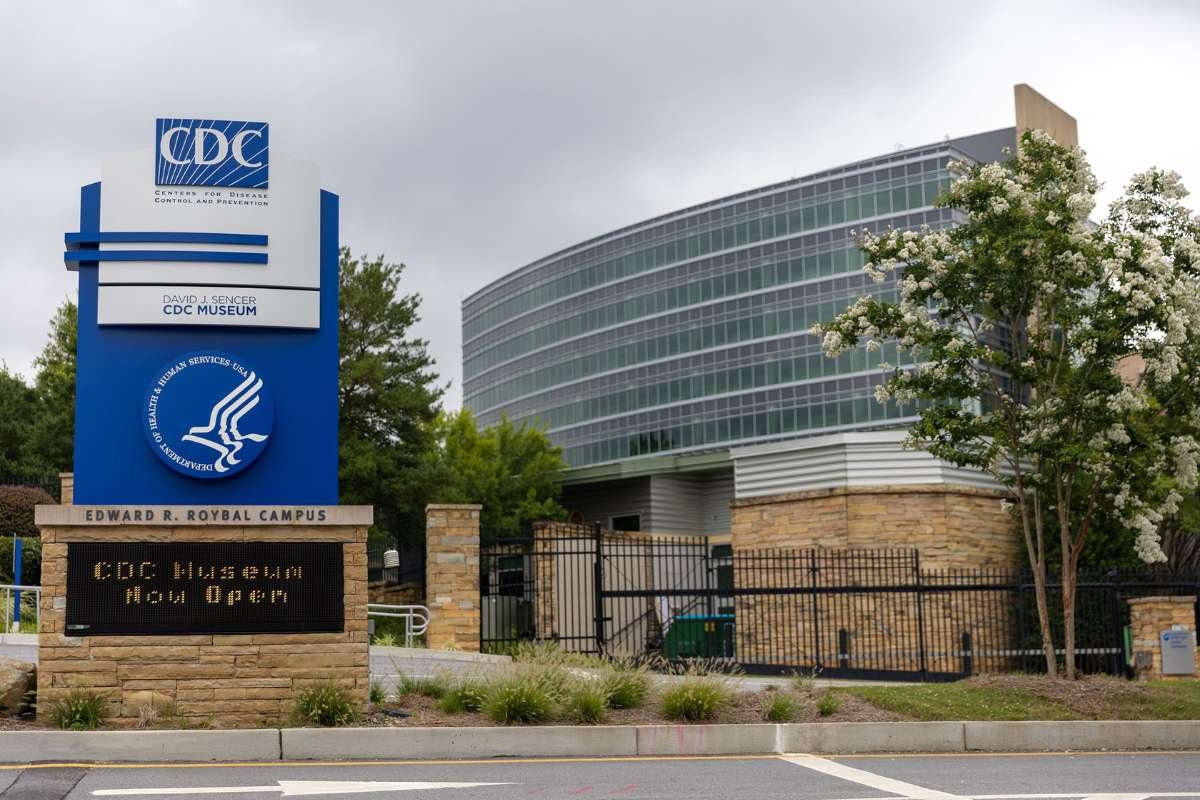According to a study, thousands of patients with bowel cancer may not need radiotherapy because their condition can be treated effectively with only chemotherapy and surgery. Bowel cancer patients have been receiving radiotherapy for years, but the side effects can be severe. It can lead to issues like infertility, the requirement for a temporary colostomy, diarrhoea, cramps, and bladder issues, all of which have a detrimental impact on quality of life.
According to a recent clinical experiment, patients now fare as well with and without radiation. The research was presented on Sunday at the largest cancer conference in the world, the American Society of Clinical Oncology’s (Asco) annual meeting in Chicago. The New England Journal of Medicine and the Journal of Clinical Oncology both simultaneously published the findings.
Asco stated in a briefing document that skipping radiation therapy can produce equivalent results in terms of disease-free survival and overall survival while reducing short- and long-term side effects that affect quality of life. 1,194 rectal cancer patients from the study conducted by Memorial Sloan Kettering Cancer Centre in New York were divided into one of two groups at random.
One group underwent the normal course of care, which included radiation, surgery, and, at the doctor’s option, chemotherapy after the patients had recovered from the surgery. The alternative group received the experimental therapy, which included chemotherapy before surgery. They might receive further treatment at the doctor’s discretion.
Bowel Cancer And Radiotherapy
The study discovered that radiotherapy did not improve results. Bowel cancer patients have been receiving radiotherapy for long period. The two groups’ quality of life did not differ between them after 18 months, and their survival rates did not differ after 5 years. The research is a fascinating new frontier in the study of Bowel cancer. In order to give patients a better quality of life, experts are increasingly beginning to concentrate their efforts on trying to uncover components of therapies that may be omitted.
“We’ve reached a tipping point,” said Dr Pamela Kunz, an Asco expert who was not involved with the study. “As we develop new therapies, we are also exploring where we can eliminate toxic therapies for our patients’ wellbeing.
“The findings of this study allow us to do just that, showing we can omit radiation therapy for some patients, improving quality of life without compromising efficacy.” For eight years, the patients in the experiment will be monitored in order to get further information about disease-free survival, overall survival, local recurrence-free survival, and other secondary outcomes.
“This is really a case of less is more,” said Kunz. “The study shows that we can spare select patients from receiving radiation. This leads to improved quality of life and reduced side-effects including things like early menopause and infertility. This trial is practice-changing.”
In order to prevent the bowel cancer long-term negative effects for patients, Prof. Charles Swanton, head clinician at Cancer Research UK, noted that medical professionals everywhere are increasingly looking for ways to lessen drug or radiation exposure. “Pelvic radiotherapy is associated with major long-term side-effects,” he told reporters in Chicago. “I think avoiding radiation is a major step forward.” “On the basis of this, I think you can say you can safely avoid radiotherapy for many patients with this disease,” Swanton said, calling the results “pretty solid.” It’s clearly a step forward, in my opinion.








